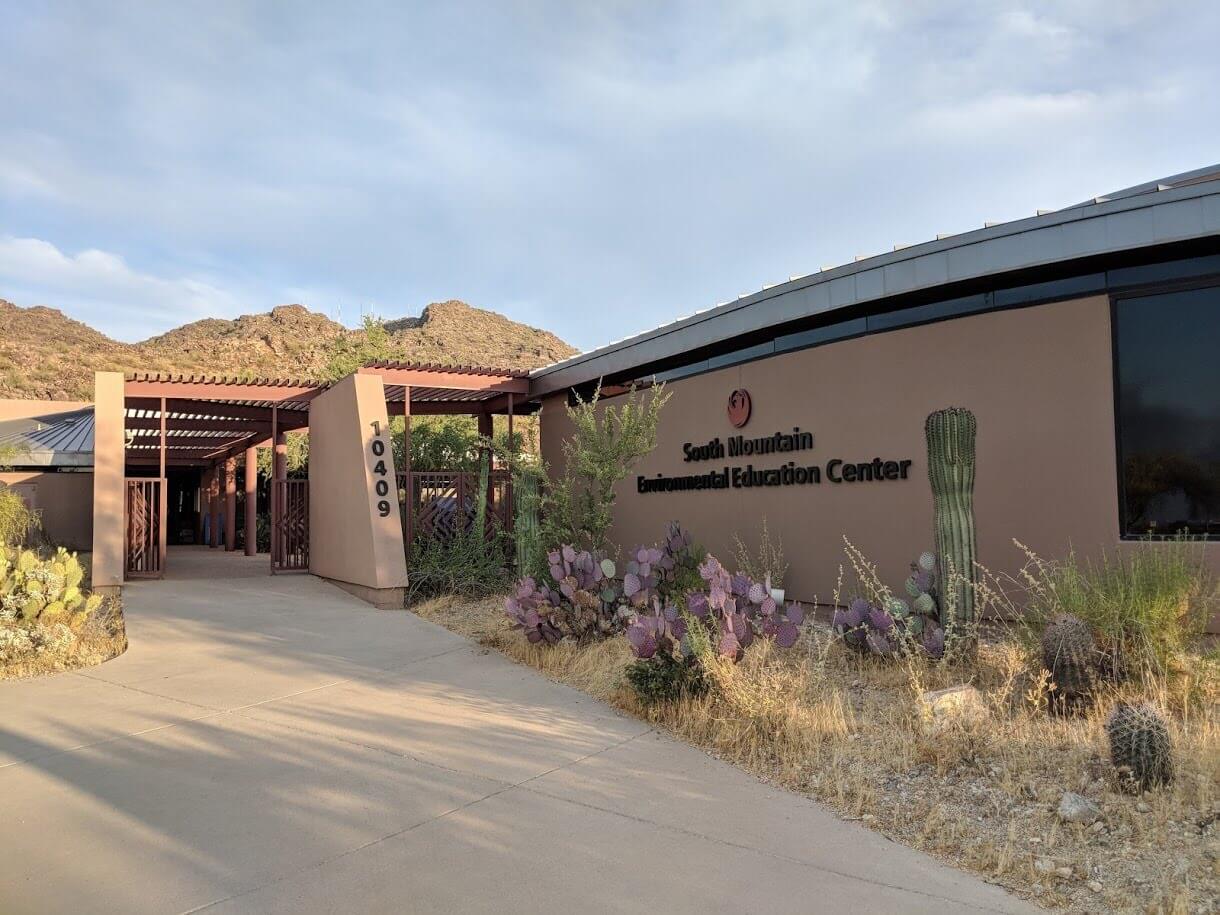 Connecting With Destinations Through Visits to Nature Centers
Connecting With Destinations Through Visits to Nature Centers
By Jada Lindblom
Tourists often begin trips by seeking ways to get oriented in a new place and become acquainted with what a destination has to offer. Very often, visitors state that they look for “authentic” places and experiences, and attractions that represent the unique aspects of a destination’s environment, culture and heritage.
Visiting Local Nature Centers
One such way for tourists to potentially achieve each of these goals is by visiting a local nature center. These centers can be excellent venues for visitors to build foundations of knowledge about the context of a destination, which may then enrich other aspects of their vacation or travel experience.
Tourists are accustomed to stopping by visitor centers at major attractions such as national parks, but may not be aware of the many municipal and regional parks or natural areas that also host publicly accessible centers.
Like at national parks, visitors may find a similar blend of information resources, engaging exhibits, and guided walks or talks with experts. A common misconception of “nature centers” (or “environmental education centers,” “learning centers” or the like) is that they are oriented only towards children or educational groups. While this may sometimes be the case, many nature centers have regular daily hours and welcome visitors of all ages, interests and places of origin.
These centers are often run with the support of passionate volunteers who love sharing the marvels of their local environment with visitors and locals alike. Check a center’s website or see if there is a TripAdvisor or visitor guide listing for the site to find out information regarding its offerings.
Another bonus? Admission to nature centers is often free, or the center may just request an optional, “pay-what-you-can” donation.
South Mountain Environmental Education Center
In Arizona, a great example of a nature center that serves both locals and tourists is Phoenix’s South Mountain Environmental Education Center, located within one of the world’s largest municipal parks. This center regularly welcomes school groups on field trips, as well as tourists preparing to hike or auto tour through the park’s stunning landscapes of petroglyphs, saguaros and city views.
The center reopened three years ago after a period of closure, and is now operated through a partnership between the non-profit Arizona Center for Nature Conservation (the parent organization of the Phoenix Zoo) and the City of Phoenix Parks and Recreation Department.
The Updates
The re-envisioned center includes a compact natural history museum where wildlife enthusiasts can learn where to look for key reptile, bird, and mammal species, and history buffs can read about the park’s Civilian Conservation Corps history and Hohokam Native American heritage.
Kids with extra energy can play interactive games related to geology, plants and animals, while grandparents can rest their legs and escape the heat in the comfort of an all-ages reading room.
South Mountain Environmental Education Center is one of several publicly accessible nature centers in Phoenix.
North Mountain Visitors Center
At North Mountain Visitors Center, visitors can pop in to see current exhibits, join a workshop or guided hike, and listen to local musicians perform. It’s best to check the schedule in advance as programming varies.
Nina Mason Pulliam Rio Salado Audubon Center
Just south of Downtown Phoenix is the Nina Mason Pulliam Rio Salado Audubon Center, tucked into one of the Valley’s best birding habitats. For free admission, visitors can enjoy exhibits within the center’s sustainably designed facilities, stroll on an interpretive loop trail, and try to catch a glance from the famously furrowed brow of a resident burrowing owl.
Nature centers can provide quick yet meaningful ways for visitors to forge deeper relationships with travel destinations. For parents looking to inspire their children’s curiosity, a visit to a nature center may spark new interests that they will carry with them well beyond the end of the trip. For nomad travelers—whether RVing snowbirds or solo backpackers—engaging with environmental education while on the road may provide a welcomed sense of place and connection.
Whether you’re a local getting out to explore your own home state or a traveler venturing to a distant locale, do a quick search to find out whether there is a local nature center along your route. Within just a short detour, you may be surprised by what you find and learn. If you enjoy yourself, do consider making a donation—even a few dollars may help local students have a memorable field trip, allowing them to see their own backyard as the world-class attraction it truly is.
To visit the nature centers mentioned in this article:
South Mountain Environmental Education Center
10409 S. Central Ave., Phoenix, AZ 85042
623.334.7880
North Mountain Visitors Center
12950 N. 7th St., Phoenix, AZ 85022
https://northmountainvisitorcenter.org
Nina Mason Pulliam Rio Salado Audubon Center
3131 S. Central Ave., Phoenix, AZ 85040
602.468.6470
Jada Lindblom, M.S., is a Ph.D. candidate and research assistant with the Center for Sustainable Tourism at Arizona State University. She has previously worked and volunteered for environmental education organizations in Arizona, Colorado, Utah, Hawaii and Washington.






